Beauty News, Wilma
Hormonal Imbalance and Nutrition + 5 Valuable Tips
Experiencing a hormonal imbalance can negatively influence your energy, mood, stress management, focus, fertility, and sleep, emphasizing the critical role your hormonal system plays in overall well-being.
In this post, we offer 5 tips to prevent or remedy hormonal imbalance using nutrition. But first, understanding the correlation between nutrition and hormonal health is vital. Let’s dive in!
Understanding Your Hormonal System
Your body contains various hormones, each with a specific purpose. They govern processes like growth, reproduction, immune response, stress reactions, and metabolism. Some hormones you might recognize are cortisol (stress hormone), adrenaline (released during stress), insulin and glucagon (for blood sugar regulation), and testosterone and estrogen (sex hormones).
Hormone Production
The hypothalamus and pituitary gland, located in the brain, manage three pivotal hormonal axes:
- HPA Axis: Essential for handling stressful situations, regulating stress responses.
- HPT Axis: Controls body growth, metabolism, and body temperature.
- HPG Axis: Crucial for fertility and maintaining sexual health in both genders.
Additionally, the pancreas produces essential hormones like insulin and glucagon, vital for regulating blood sugar.
Hormone Breakdown
For hormonal balance, the breakdown process is as crucial as production. The liver plays a significant role in this, working alongside elimination organs: intestines, kidneys, skin, and lungs. Imbalances in hormone breakdown can lead to hormonal excess or deficiency, causing various symptoms.
Symptoms of Hormonal Imbalance
Since hormones play a part in numerous bodily processes, imbalance symptoms can vary. Common ones include:
- Fatigue
- Intense mood swings (irritability, anxiety, depression)
- Irregular menstrual cycles
- Acne or dry skin
- Reduced libido and sexual dysfunction
- Sleep issues
- Weight fluctuations
- Hot flashes
- Digestive issues
Preventing or Remedying Hormonal Imbalance
Several factors can cause hormonal imbalances: age, lifestyle, diet, medication, diseases affecting hormone-producing glands, and stress.
For instance, enduring prolonged stress directs more energy towards the HPA axis, leaving less for the other two. This could affect fertility as sufficient energy is also required by the HPG axis.
To maintain balanced hormones, remember that all bodily processes are interconnected. This post will offer 5 nutrition tips for a balanced hormonal system, but solely focusing on nutrition isn’t enough. Stress management, adequate sleep, hydration, relaxation, and exercise are all equally vital.
Balancing Hormones with Nutrition and Supplements
A balanced diet can support hormonal health, while an imbalanced one can exacerbate it. Here are 5 tips to boost your hormonal health:
- Support Your Liver: Incorporate bitter vegetables like artichokes, eggplant, broccoli, spinach, radishes, and many more. Also, include antioxidants like blueberries, red fruits, and colorful vegetables.
- Have Three Wholesome Meals: Prioritize quality over quantity, with meals rich in fats, healthy carbohydrates, and proteins.
- Avoid Coffee and Sugary Foods: These can spike your blood sugar levels, leading to short-term issues like fatigue and long-term conditions like Type 2 diabetes.
- Eat Plenty of Fruits and Veggies: These provide essential fibers, beneficial for blood sugar regulation and reducing inflammation.
- Ensure Proper Nutrient Intake: Omega-3 fatty acids, proteins, magnesium, and Vitamin D are pivotal for hormonal health. They can be found in fatty fish, meat, eggs, legumes, seeds, spinach, avocados, and more.
Bonus Tip: Supplements
Given modern dietary challenges, consider enhancing your diet with supplements. Products like magnesium, omega-3, vitamin D, protein powders, and superfoods can be beneficial. Brands like Bonusan, Anima Mundi Herbals, Biocidin, and Foodsporen offer an array of supplements to support hormonal health. Check them out for a comprehensive approach to maintaining your well-being.



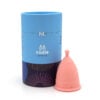
















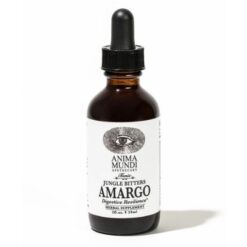
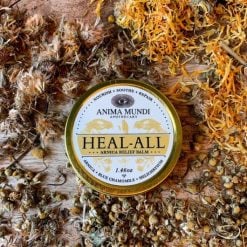




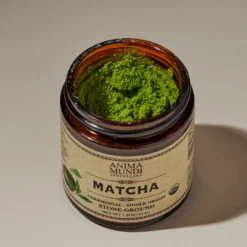





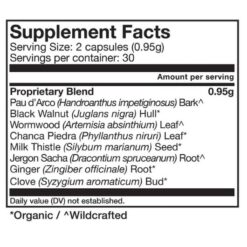




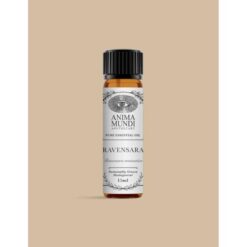




 Beauty Products
Beauty Products By Skintype
By Skintype Brands A-Z
Brands A-Z Wellness
Wellness Health / Nutrition
Health / Nutrition